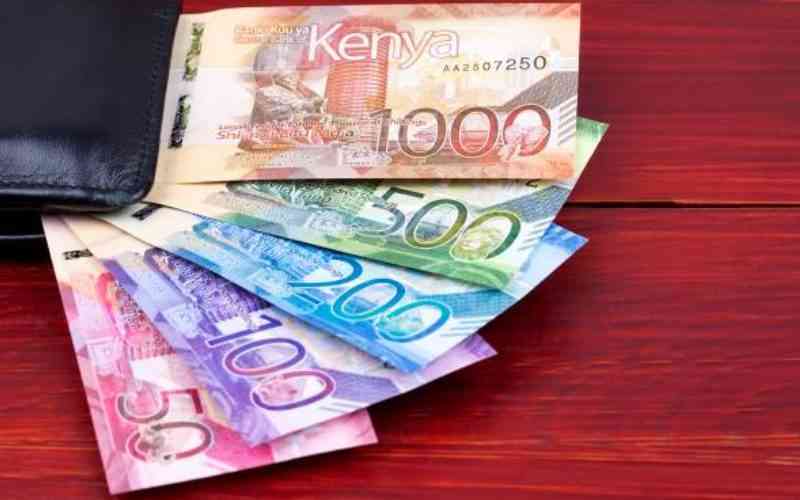×
The Standard e-Paper
Stay Informed, Even Offline

The Cabinet Secretary for the Ministry of Interior Dr Fred Matiang’i has claimed that banks have a shortage of Sh200 notes as politicians withdrew the cash to bribe voters.
Speaking during the launch of the report of the National Risk Assessment on Money laundering and Terrorism Financing taskforce, Matiang’i noted that most of this money is dirty money that is simply being laundered.